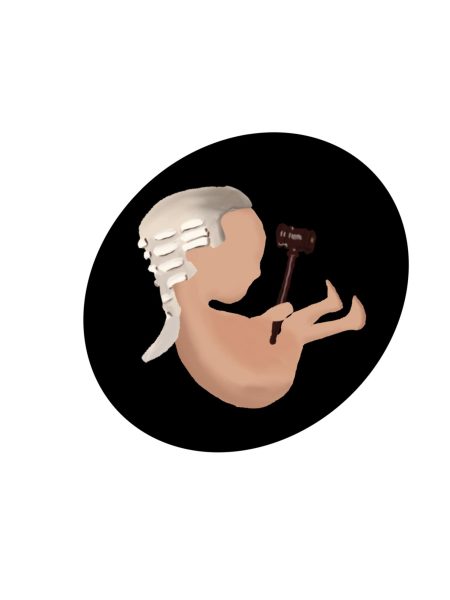The war against the outdated tattoo narrative
November 22, 2022
Many young adults in 2022 grew up being told tattoos would make them unemployable. The higher paid and more respectable the job, the more “clean” you had to look. This generation’s parents and grandparents were raised in an era where tattoos were inappropriate for doctors, lawyers and other office jobs, and would better fit the description of a college dropout. With a more socially acceptable society and the understanding that outer appearance does not coincide with actual qualifications for a job, we can finally put the outdated tattoo narrative to rest.
It is an ignorant thought that tattoos — or piercings, for that matter — dictate your qualifications for a job. According to salary.com, 76% of people feel that tattoos and piercings hurt an applicant’s chances of being hired from an interview. Though some placements and designs are better than others, it does not affect performance. Is there actual evidence that having tattoos equates to lower work production? No, of course not. What should matter are things like GPA, test scores and background checks, not the ink on your skin.
If tattoos were somehow deal-breakers for companies, does that mean a spontaneous tattoo someone gets in their youth will affect them two, five or 10 years later? Getting tattoos removed sounds good in theory, but the pain level and cost make that solution unrealistic. Not only should the presence of tattoos not matter, but it holds people to this high standard of keeping their bodies identical to everyone else. In actuality, tattoos are a way to express yourself with your body. Some things, like religion, gender, race and personal body preferences, should be left out of interviews.
The only way for the narrative to change is with time. The celebrity influence has never been stronger. Athletes, stage performers and actors have made the trend more visible with social media, and the exposure has made it more acceptable. In 2019, 30% of Americans had tattoos, increasing from 21% in 2012. This number will only rise in the future, making it more acceptable and common in professional jobs. Understanding that other people in their professions are unaffected by body expression will extend that belief, and one can expect tattoos to become even more accepted.
Tattoos are everything from fun and creative to sentimental and personal. People wear expressions on their body and should not be penalized or held to a different standard than someone who chooses not to ink themself. The outdated tattoo narrative needs to be forgotten.













